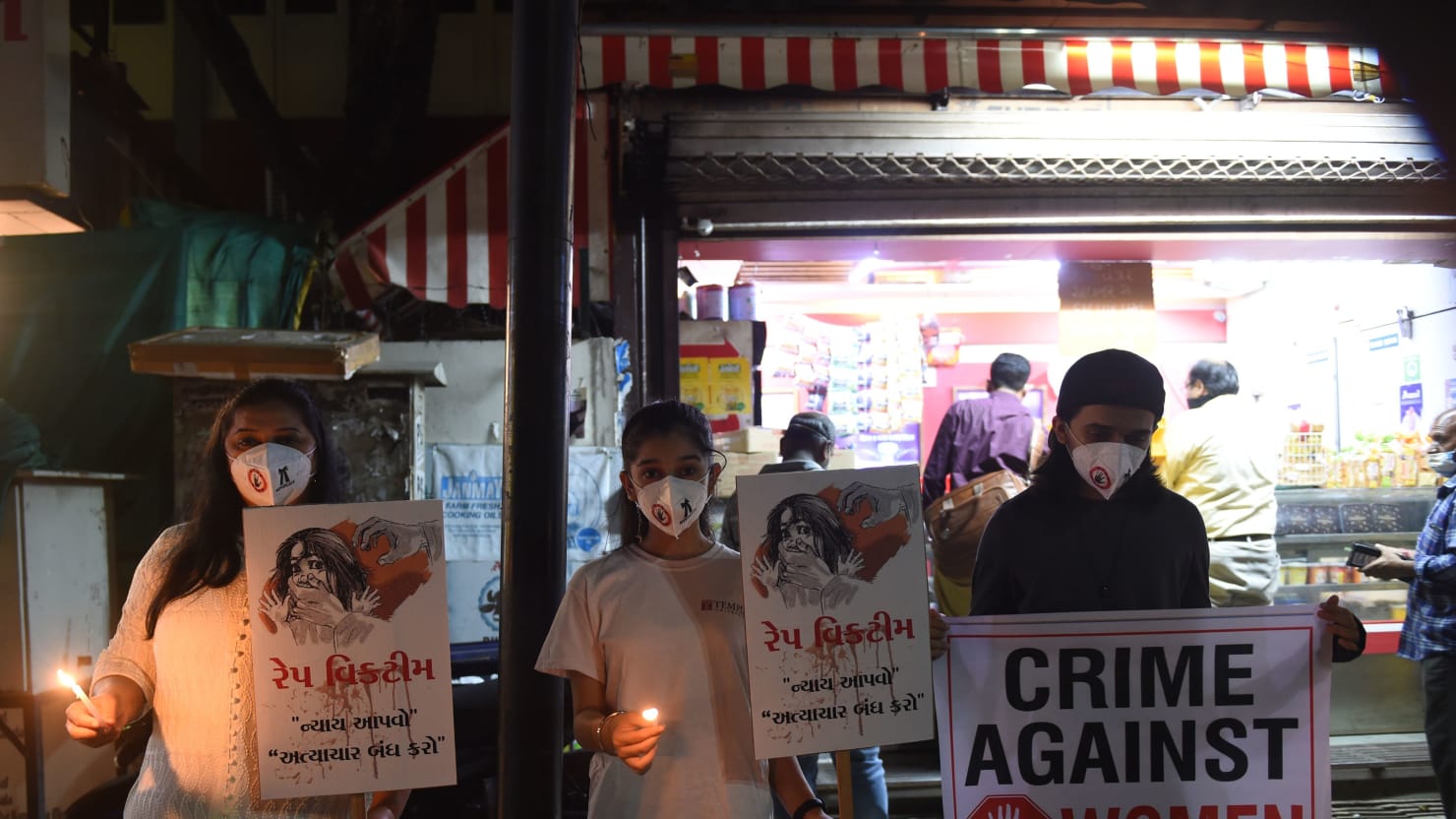In India, women continue to be killed because they dare to assert their sexual freedom or the freedom to choose their own partners.
The video of a father holding his daughter’s severed head while walking nonchalantly on the street sent shockwaves around India on Thursday, just four days before International Women’s Day.
Sarvesh Kumar, from Hardoi’s Pandetara village in Uttar Pradesh, considered it appropriate to behead his 17-year-old daughter for an alleged love affair she had with a man she disapproves of. In the video, he is a matter of fact. There is no guilt or pain, just a practical narrative of events.
After catching her daughter in a compromising position with a man two days earlier, she vowed not to touch the food or water until she could kill them. In the video, he explains that he did not find the man, only managing to kill his daughter. “I locked the door and finished it,” he says in Hindi.
The video was largely removed from social media platforms due to its graphic content.
At one point in the video, he puts his severed head down. The ponytail on the girl’s head hangs softly; her eyes are closed. “I left the body in the house,” Kumar tells the man filming the video. He gives his daughter’s name and the name of the man she was in a relationship with. He proudly explains how he killed her and why. The man interrupts the narration twice to answer phone calls. He cooperates with the police when they search him, assuring them that “I have no weapons on me”.
Incidents like this are too common in India, especially in patriarchal hearts such as Uttar Pradesh. Many women who choose to follow relationships against the wishes of their family or outside their religion or community risk fatal consequences from their male relatives. Honor, in our society, is linked to a woman’s chastity and any deviation is severely punished.
In January, a 17-year-old girl and her 19-year-old boyfriend were allegedly killed by the girl’s relatives in Bareilly district of Uttar Pradesh. The following month, the IANS news agency reported that another woman had been burned alive in Gorakhpur state for her relationship with a Muslim man. A few days later, a man stabbed his brother-in-law because he married his sister in Meerut.
And while their partners bear some of the weight, studies have also found that women and girls are the ones who bear the maximum punishment from their families.
A 2016 report in the International Journal of Recent Scientific Research analyzed 50 homicides in Ontar Pradesh and found that girls and women were killed in more than half of the cases. In contrast, boys and men were killed in less than a quarter of the cases. He also found that most of the crimes targeted younger women between the ages of 11 and 20.
“To fight the epidemic of honor crimes, it is necessary to understand what makes these crimes unique. They differ from simple and psychopathic homicides, serial crimes, crimes of passion, crimes of revenge and domestic violence, “the study found, adding that these acts of violence are due to predefined norms and cultures in a patriarchal society where honor is equal. with the way women behave.
The 2019 US State Department report on human rights practices found that honor killing is “a problem, especially in Punjab, Uttar Pradesh and Haryana”. Uttar Pradesh, in particular, topped the list of Indian states with the highest number of crimes against women in 2019, according to the latest report by the National Bureau of Crime Records.
But, in general, honor killings are highly underreported in India.
According to the United Nations Population Fund (UNFPA), up to 5,000 women and girls are victims of honor killings each year, although some non-governmental organizations (NGOs) estimate that the figure could reach 20,000.
While these crimes are treated as homicides in India – for too many, this has not been too much of a deterrent. Honor killings often involve the silent complicity of family members and surrounding communities, and now the Hardoi case serves as a strict and worrying reminder of why India continues to be one of the most dangerous countries for women.
